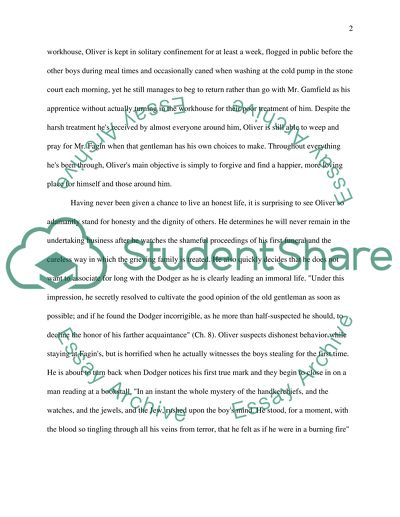Cite this document
(“Oliver Twist as an Example of Moral Virtue Book Report/Review”, n.d.)
Retrieved from https://studentshare.org/literature/1453499-oliver-twist-by-charles-dickens-book-report
Retrieved from https://studentshare.org/literature/1453499-oliver-twist-by-charles-dickens-book-report
(Oliver Twist As an Example of Moral Virtue Book Report/Review)
https://studentshare.org/literature/1453499-oliver-twist-by-charles-dickens-book-report.
https://studentshare.org/literature/1453499-oliver-twist-by-charles-dickens-book-report.
“Oliver Twist As an Example of Moral Virtue Book Report/Review”, n.d. https://studentshare.org/literature/1453499-oliver-twist-by-charles-dickens-book-report.


